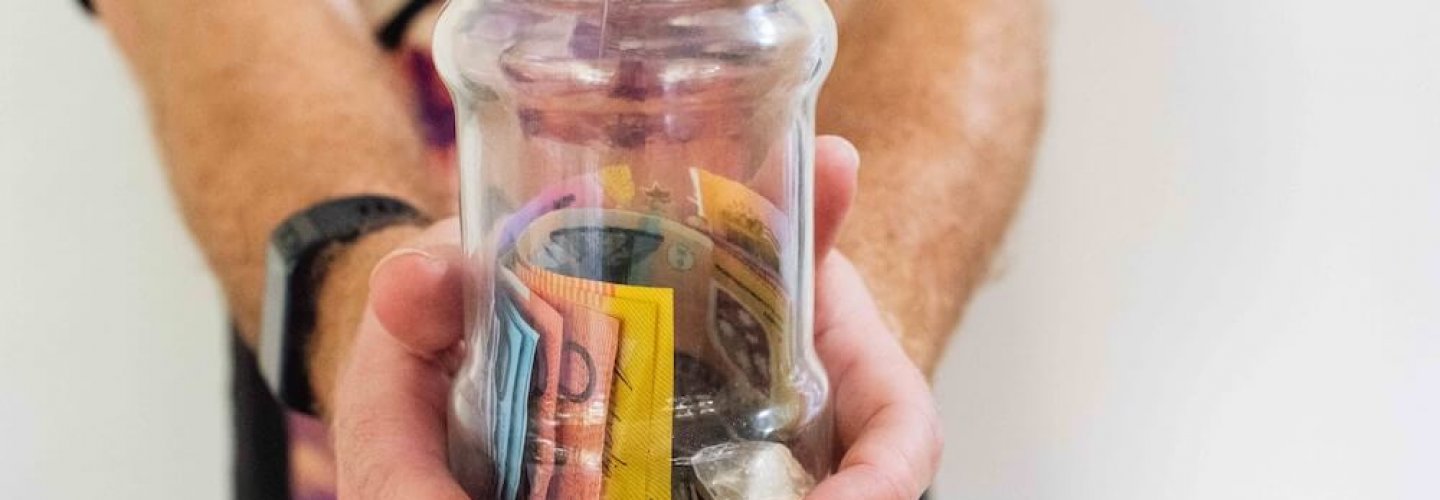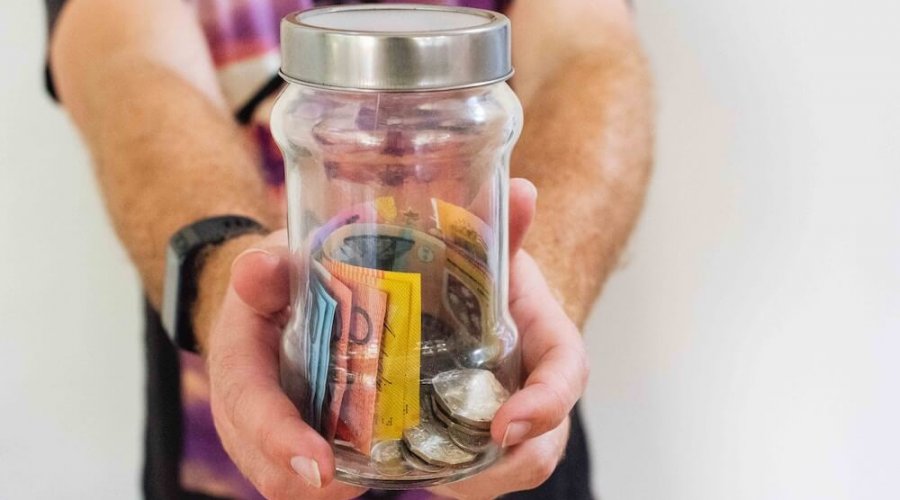You may have heard of the term Neighbouring Rights before but what exactly does it mean? As a songwriter, it is vital to be aware of all possible revenue streams to make the most out of your music. That’s why Neighbouring Rights are so important.
Firstly, it’s important to be aware that there are two different types of copyright attached to a song: the composition copyright and the master copyright (also called the sound recording). Whilst a Music Publisher like Anara Publishing deals with the composition copyright, the master right is the recording of the song and is usually owned by whoever financed the recording of it.
Tip: it is important to make sure everyone knows their percentage of copyright when it comes to the composition and master copyrights. This can be done by using a ‘split sheet’. This makes it so much easier to licence a song for exploitation such as Sync.
Why are Neighbouring Rights Important?
If you are the master copyright holder, you are entitled to Neighbouring Rights when your song is played in a different territory. This includes radio play, TV or a performance in public. The royalties generated by Neighbouring Rights are then owed to the owner of the master copyright, the artists and the performers who have contributed to the track.
In order to receive these royalties, it is important that you have registered with a collection society such as PPL for UK songwriters, or SoundExchange if you’re based in the US. You will have to register yourself as a songwriter and then upload your work. It is necessary to complete this step accurately as the metadata will ensure that any money your song makes will get back to you.
Can the collection society in my home territory collect royalties from around the world?
Yes! For example in the UK, registering with PPL will enable them to collect for you internationally due to their agreements with collective management organisations around the world. This means that you don’t have to join a society in each country as PPL does the collection for you. They then distribute any royalties that your song may have made four times a year. There is no cost to you, but PPL does take 7% of the money made from your music for their services.
You should always check with the collection society that you are affiliated with to ensure that they are collecting worldwide.
Here’s a recap of some keywords:
Neighbouring Rights – royalties owed to the master copyright holder when their song is played in a different territory.
Split Sheet – an agreement or contract between anyone who contributed to a song, stating each person’s percentage ownership.
Metadata – data that describes and gives information about other data.
Written by Emily Jackson.

